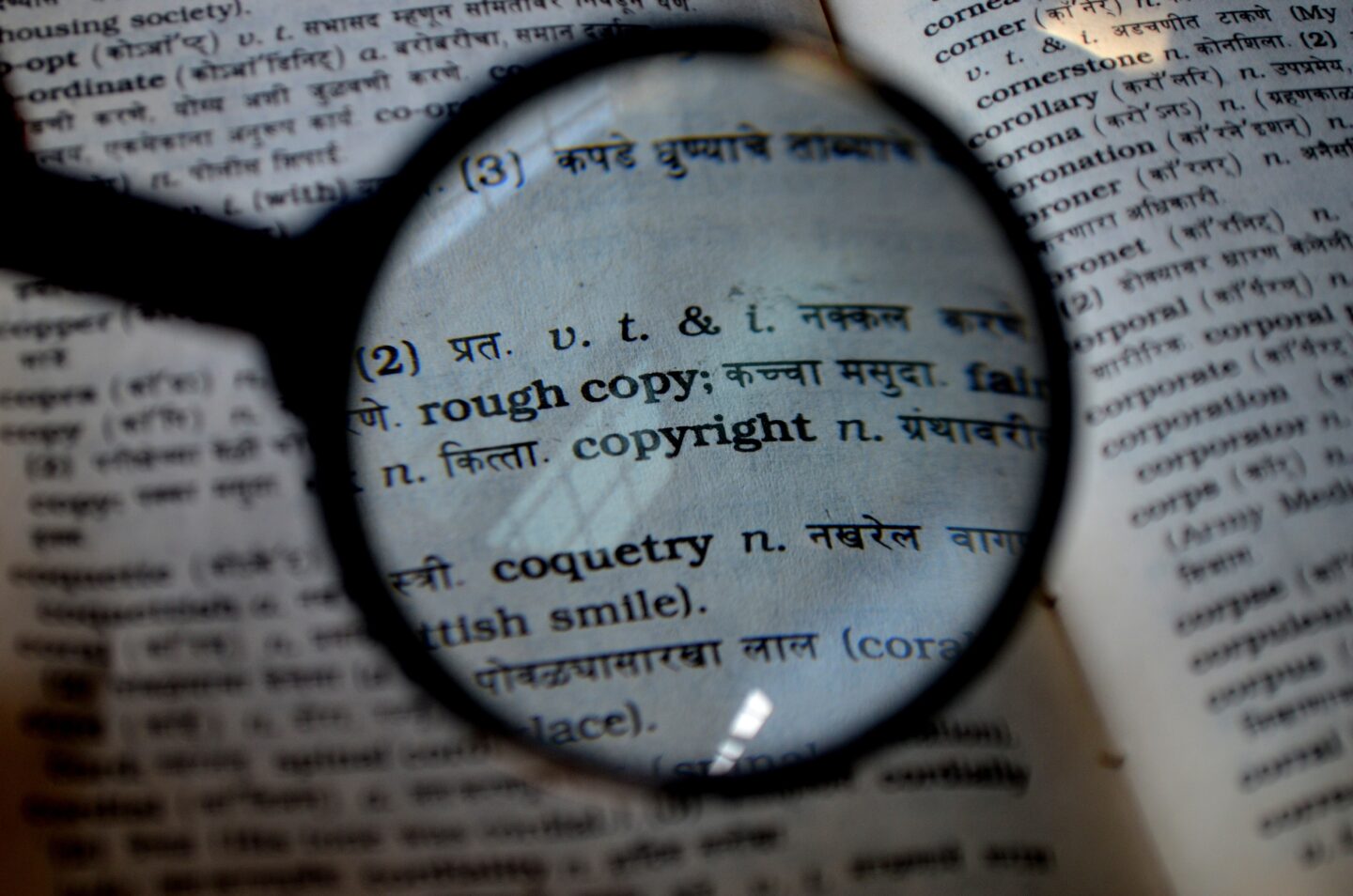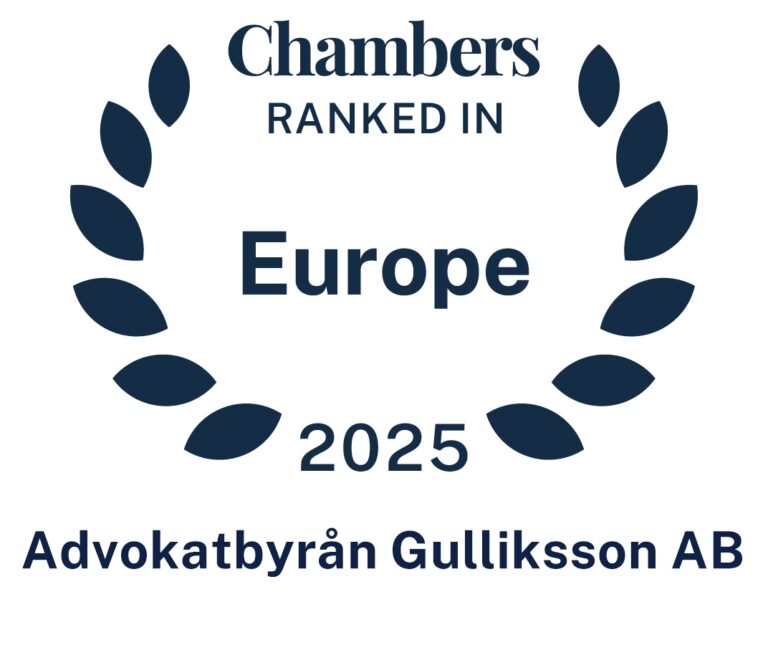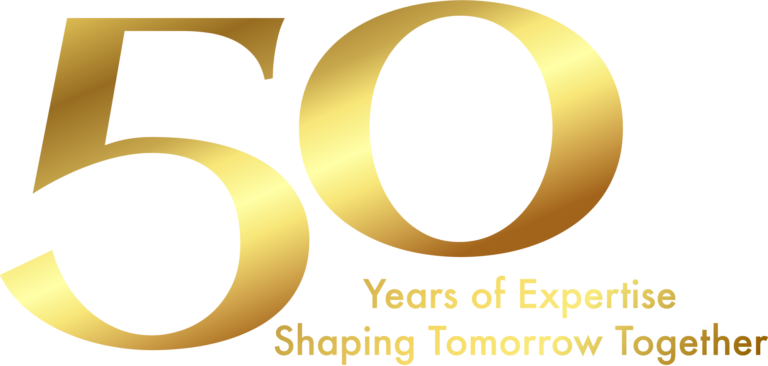A little under a month ago the CJEU handed down its judgment in case C-637/19, a case concerning the disclosure of evidence containing copyright protected content to a court. The ruling was prompted by the Swedish Patent and Market Court of Appeal requesting a preliminary ruling from the CJEU as it sought clarity in how Articles 3.1 and 4.1 in the InfoSoc Directive are to be interpreted in regard to the term “public”, and more specifically, whether the disclosure of protected material to a public court could constitute such a distribution or communication to the public which solely the right holder to a copyright protected work is entitled to authorise.
The background to the case presented to the Swedish Patent and Market Court of Appeal was that the defendant had submitted certain evidence in another litigation which contained copyright protected content. The plaintiff in the case before the Patent and Market Court of Appeal claimed that in doing so, the defendant had infringed the plaintiff’s copyright to said content. While it could be argued that disclosure to a court within the frame of a litigation is not disclosure to the public, as CJEU case law gives that the concept of ‘public’ refers to an indeterminate number of potential recipients and implies, a reasonably large number of persons (c.f. e.g. C‑135/10 SCF, p. 84), the determination of what constitutes communication to the public is somewhat complicated due to the national Swedish constitutional laws relating to access to official documents. Indeed, the evidence containing protected content was solely communicated to specific individual professionals serving to satisfy a public interest, however, the national laws on access to official documents (such as procedural documents held by a court) gives a right to each and every one to request access to, or copies of, such documents. Said right gives a corresponding obligation for a court to produce requested public documents, unless these are deemed confidential in accordance with Swedish Public Access to Information and Secrecy Act.
The CJEU held that the concept of ‘communication to the public’ includes two cumulative criteria, namely an act of communication of a work and the communication of that work to a public. Whereas the first prerequisite of communication as such was fulfilled by way of the disclosure as evidence in the litigation, the second, requiring the communication to a public, was not. The CJEU concluded that “the transmission by electronic means of a protected work to a court, as evidence in legal proceedings between individuals, cannot be regarded as a ‘communication to the public’ within the meaning of Article 3(1) of Directive 2001/29”. The fact that the court in a second stage might be under the obligation to give access to documents received by the court, does not render that the party having submitted the copyright protected work to the court also has communicated said work to the public in the meaning of the Directive.
As the Advocate General noted, the situation at hand “raises issues of some importance regarding the interaction of EU copyright legislation and national freedom of information, together with the right to an effective remedy and a fair trial (as guaranteed by Article 47 of the Charter of Fundamental Rights of the European Union)”.
The CJEU, considering the various interests concerned, stated that the interpretation held in this ruling ensures the maintenance of a fair balance between on the one hand the interest of the holders of copyright and related rights in the protection of their intellectual property rights and on the other hand the protection of the interests and fundamental rights of users of protected subject matter as well as of the public interest. Moreover, the CJEU noted that the interest of a copyright holder must be weighed against the other fundamental rights, which include the right to an effective remedy.
To conclude, while the CJEU stresses the protection granted for copyright works under EU law, it also elevates that right to intellectual property is not inviolable so that protection of such right must be guaranteed absolutely. A right holder cannot be given the absolute right to oppose the disclosure of evidence to a court on the sole ground that that evidence contains subject matter protected by copyright. Thus, in the act of balancing interests and rights, this judgment by the CJEU goes in favour of the right to an effective remedy and a fair trial.






